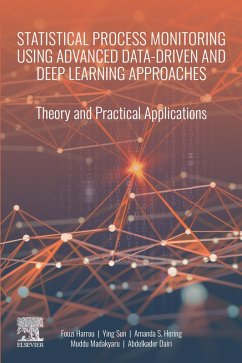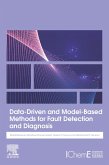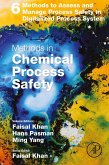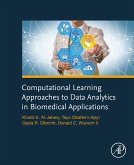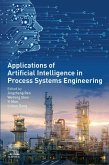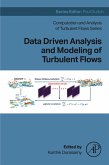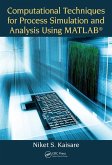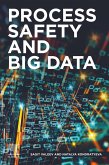Finally, the developed approaches are applied to monitor many processes, such as waste-water treatment plants, detection of obstacles in driving environments for autonomous robots and vehicles, robot swarm, chemical processes (continuous stirred tank reactor, plug flow rector, and distillation columns), ozone pollution, road traffic congestion, and solar photovoltaic systems.
- Uses a data-driven based approach to fault detection and attribution
- Provides an in-depth understanding of fault detection and attribution in complex and multivariate systems
- Familiarises you with the most suitable data-driven based techniques including multivariate statistical techniques and deep learning-based methods
- Includes case studies and comparison of different methods
Dieser Download kann aus rechtlichen Gründen nur mit Rechnungsadresse in A, B, BG, CY, CZ, D, DK, EW, E, FIN, F, GR, HR, H, IRL, I, LT, L, LR, M, NL, PL, P, R, S, SLO, SK ausgeliefert werden.
Hinweis: Dieser Artikel kann nur an eine deutsche Lieferadresse ausgeliefert werden.

